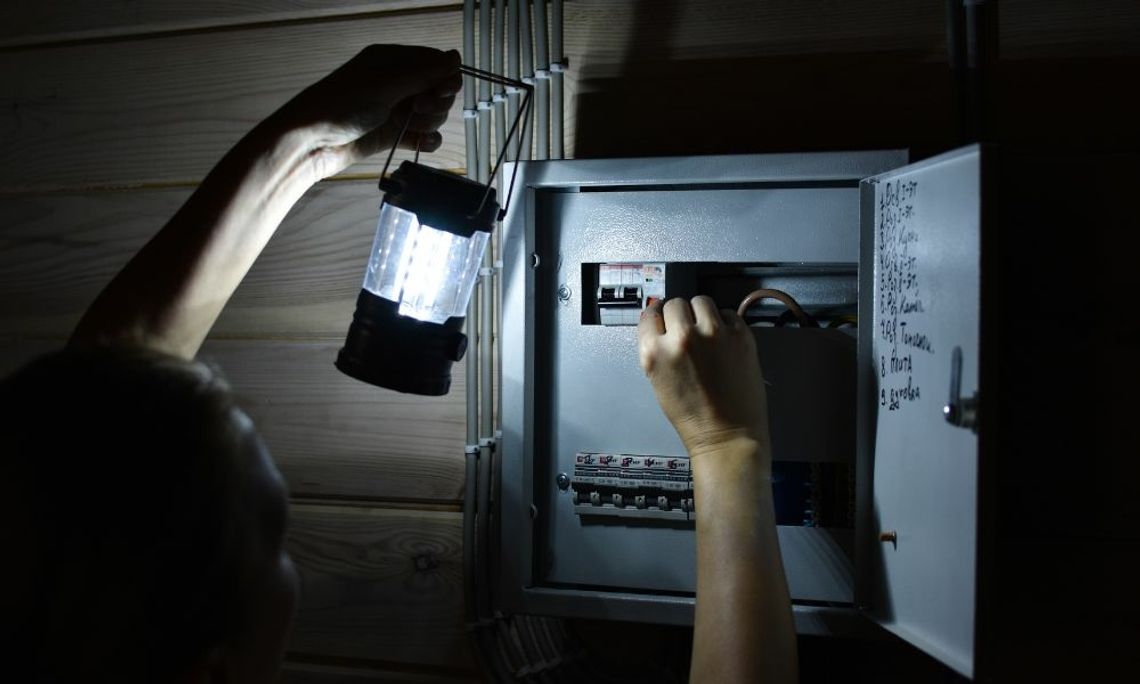Power outages can strike at the most inconvenient times, leaving you scrambling for flashlights, candles, and other essentials while trying to figure out what to do in the dark. Preparing your home for a power outage can save you time, money, and aggravation. Explore four of the best ways to ensure your home is ready for a power outage, whether a thunderstorm, a grid failure, or simply a blown fuse in your neighborhood is the source.
Invest in a Generator
One of the most important steps in preparing your home for a power outage is investing in a generator. A generator can provide backup power during an outage, keeping your essential appliances and devices running and ensuring your safety and comfort. When choosing a generator, consider factors such as fuel type, wattage, and runtime to determine what would work best for your needs.
Install Solar Panels With Battery Storage
Off-grid solar power can be a source of backup power during a power outage. The main difference between on-grid and off-grid solar power is that on-grid systems connect to the power grid, meaning they won’t operate during outrages, whereas off-grid systems rely on solar panels and battery storage to power your home. Installing solar panels with battery storage allows you to have a sustainable, renewable energy source you can tap into during a power outage. Be sure to consult a professional solar panel installer to design a system that properly meets your home’s energy needs and location requirements.
Prepare an Emergency Kit
Having an emergency kit in place is vital for managing a power outage effectively. Include basic items like flashlights, batteries, a battery-powered or crank radio, candles, matches, a first-aid kit, and non-perishable food. Make sure you also have a supply of fresh water, and don’t forget to include any essentials specific to your family’s needs, such as pet food, medications, or baby supplies.
Protect Your Electronics and Appliances
Power surges during a power outage can damage or destroy your valuable electronics and appliances. Installing surge protectors can save you from expensive losses and the stress of having to replace them. Another option is to install a whole-house surge protection system, which protects all the appliances and devices connected to your home’s electrical system.
Preparing your home for a power outage will ensure that you have the resources you need to face the unexpected. By taking the precautions mentioned above, you’ll be well-prepared to handle a power outage with minimal disruption to your daily life.


Comment
Comments